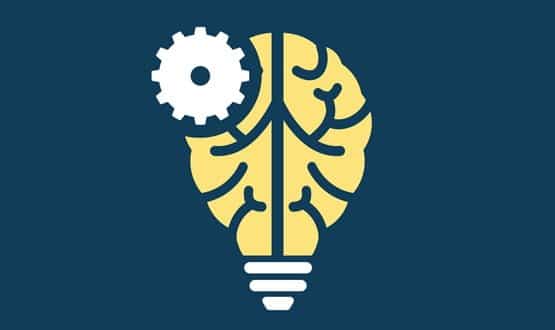Research claims AI system can diagnose prostate cancer as accurately as pathologist
- 27 March 2018

Scientists and clinicians in China have developed a learning artificial intelligence (AI) system which they say can identify cancerous prostate samples as accurately as a pathologist.
Staff from Nanjing Drum Tower Hospital shared their findings at the European Association of Urology congress in Copenhagen on March 16.
They say that, in addition to identifying a cancer, the software can accurately classify its level of malignancy.
But research leader Hongqian Guo, from the hospital’s department of urology, emphasised that the AI system “is not going to replace a human pathologist”.
“We still need an experienced pathologist to take responsibility for the final diagnosis. What it will do is help pathologists make better, faster diagnosis, as well as eliminating the day-to-day variation in judgement which can creep into human evaluations.”
The research involved samples from 283 patients and ran these through the analysis system, with the software gradually learning and improving diagnosis.
Results showed an accurate diagnosis in 99.38% of cases, which the researchers claim is as accurate as a human pathologist.
Professor Guo said: “The system was programmed to learn and gradually improve how it interpreted the samples.
“Our result show that the diagnosis the AI reported was at a level comparable to that of a pathologist.
“Furthermore, it could accurately classify the malignant levels of prostate cancer. Until now, automated systems have had limited clinical value, but we believe this is the first automated work to offer an accurate reporting and diagnosis of prostate cancer.
“In the short-term, this can offer a faster throughput, plus a greater consistency in cancer diagnosis from pathologist to pathologist, hospital to hospital, country to country.”
In September, Digital Health News reported that the Royal College of Pathologists was appointing a lead for digital diagnostic pathology.
The move followed the College’s publication of a strategy suggesting the technology – which involves scanning glass slides and viewing them via a computer rather than down a microscope – offers potential efficiency and quality benefits.
And earlier this month, Digital Health News reported the NHS has adopted new scanning technology which it claims can slash diagnosis times for prostate cancer, while also reducing the risk of sepsis.



